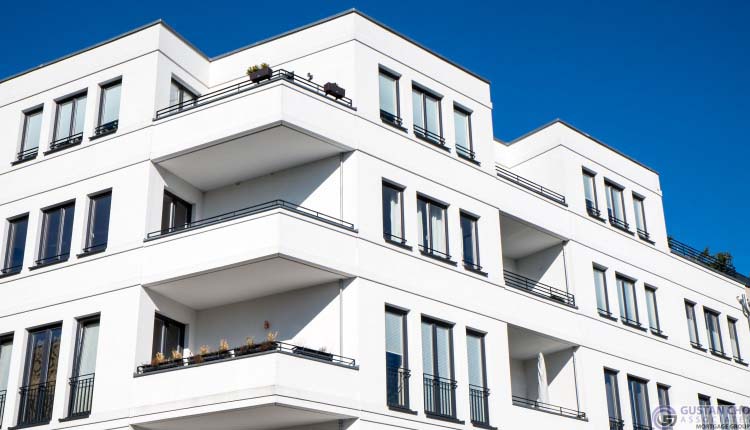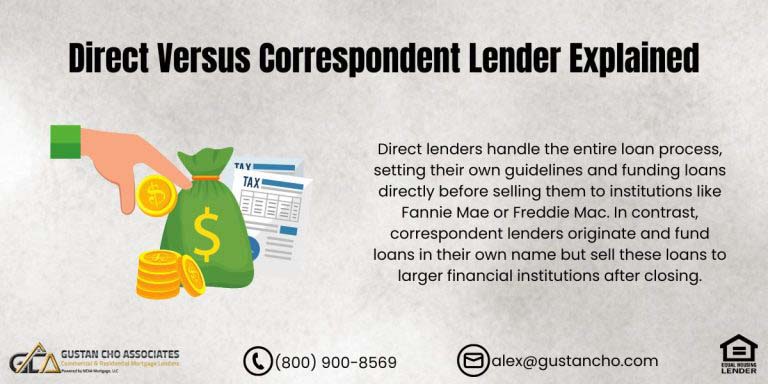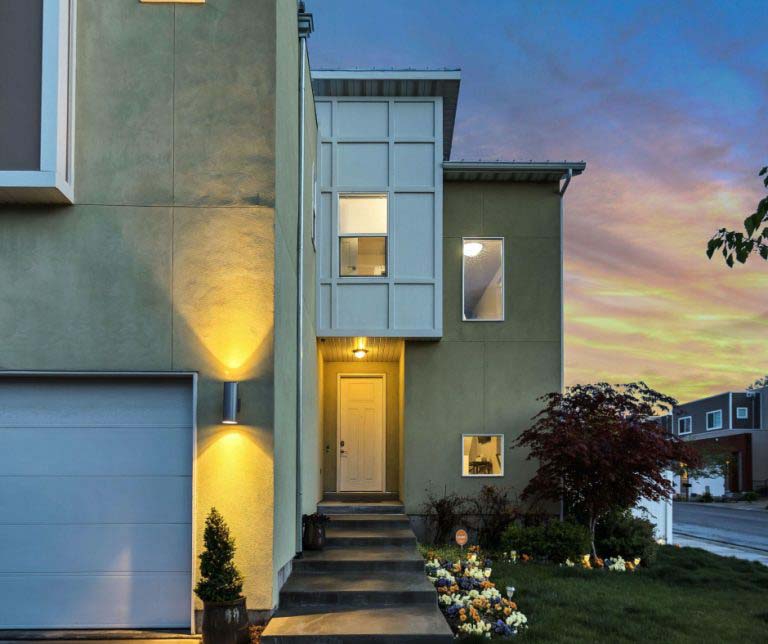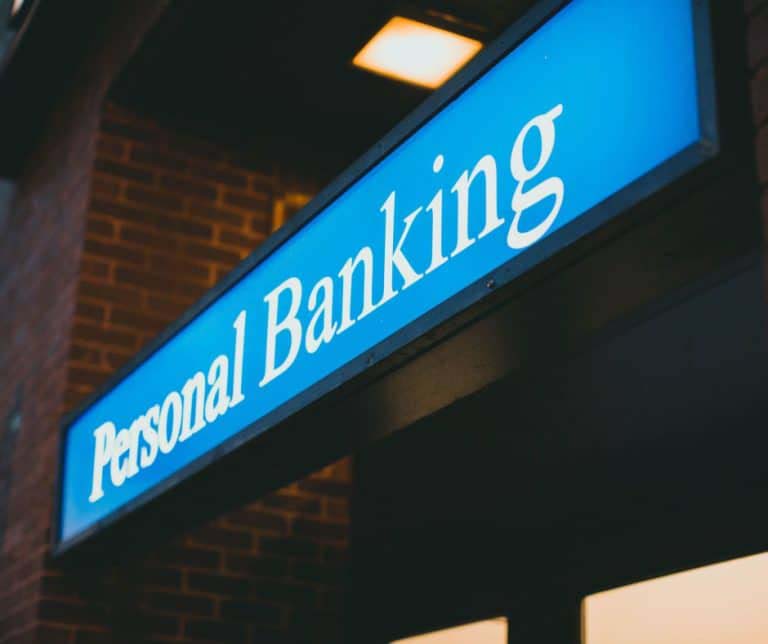This guide covers condominium questionnaire on warrantable, non-warrantable, and condo hotel condominium units. Warrantable, non-Warrantable and condotel financing are a specialty niche mortgage product and are only offered by a few portfolio lenders. There is a two-step underwriting process buying a condominium versus a single-family home.
The first step in buying a condo is to determine whether the condominium unit is a warrantable, non-warrantable, or a condo-hotel unit. It is a fairly quick and simply underwriting process.
The team at Gustan Cho Associates are experts in originating and funding warrantable, non-warrantable and condotel mortgage loans. Loan officers at Gustan Cho Associates are experts in financing warrantable, non-warrantable, and condo hotel condominiums. We can help borrowers with purchasing and refinancing warrantable, non-warrantable, and condotel loans.
Buying a Condominium Versus a Single-Family Home
Buying a condominium requires the homeowner to get qualified as well as the condominium and the condominium complex. The condominium complex is underwritten by having the condominium HOA manager complete a condominium questionnaire.
A one-page condominium questionnaire needs to be completed by the HOA manager and submitted to an underwriter. The underwriter comes with a determination on the type of condominium the complex is within 24 hours.
Cases where the underwriter denies the condominium complex after reviewing the condominium questionairre is when the condominium complex poses a risk factor. Condominium complex that are not eligible for financing is when the condo complex is under financial distress like a pending bankruptcy, bankruptcy, pending lawsuits, safety concerns, structural damage, or substantial foreclosures in the condominium complex. Another reason condominium loans get denied is that the condominium complex has serious building code violation issues. In this article, we will discuss and cover condominium questionnaire for warrantable, non-warrantable, and condotel financing. Speak With Our Loan Officer for Condominium mortgage loans
Two Phases of Underwriting For Condominium Mortgage Loans
Once the condo complex is determined, the second underwriting phase is processing and underwriting the condominium unit loan borrower. The minimum credit score required for condominium loans is based on agency guidelines. If the condo complex is non-warrantable or a condotel, the minimum credit score requirements and lending guidelines is determined on the individual portfolio lender’s guidelines. Normally on non-warrantable and condotel condos the debt-to-income ratios is between 41% to 55% depending on the lender and the loan program.
Most portfolio lender require a one year’s reserves of principal, interest, taxes, insurance, and HOA dues are required for both the non-warrantable condo or condotel unit and the borrower’s principal residence.
Three months of those reserves need to be in cash and the balance can be in securities, IRA’s, 401K, and other liquid investment accounts. A maximum of 75% to 80% loan-to-value is required on principal, second, and vacation home non-warrantable or condotel financing. Maximum 80% loan to value on non-warrantable condominium loans for principal and second homes. Investment property non-warrantable and condotel units have lower loan-to-value guidelines. On investment property non-warrantable and condotel units, 60% to 75% loan-to-value is required. Mortgage rates are generally higher for investment condotel loans and non-warrantable condominium financing.
Completing The Condominium Questionnaire
Here is a typical condominium questionnaire that needs to be completed by the condominium homeowners association manager or representative.
- Name of Condominium Complex
- Street Address
- City State Zip Code
- Facility Information
- Has control of the project been turned over to the H.O.A.? Yes or No
- Are the amenities complete? Yes or No
- Is all construction or phasing complete? Yes or No
- If yes, the date turned over
- Are all common areas and recreational facilities associated with the entire project for the subject phase complete? Yes or No
- If no, does the project have sufficient funds for completion? Yes or No
- Is the project a cooperative? Yes or No
- Is the condominium complex a warrantable or non-warrantable condo complex? (Percentage of owner-occupant owners versus owners that are renting their condo units)
- Is the project a condominium hotel? Yes or No
- Is there a rental office in the lobby of the condominium complex?
- Does the condominium complex accept daily, weekly or short term rentals?
- Is the project a timeshare or segmented ownership project? Yes or No
- Is the project a multi-dwelling unit condominium (in which ownership of multiple units is evidenced by a single deed and mortgage)? Yes or No
- Does the condominium represent a legal but nonconforming use of the land (if zoning regulations prohibit rebuilding to current density in the event of deconstruction)? Yes or No
- Is the project a conversion? Yes or No
If yes, is the conversion a gut rehabilitation (where the renovation has stripped the property to the shell and all HVAC and electrical components have been replaced)?
Condominium Questionnaire: Property Information
If the builder is in control of the project, or the H.O.A. has been in control for less than a year, please submit the Declarations, Bylaws, Insurance Certificate, and Budget and Appraisal with the completed condominium questionnaire.
- Is the project built on a leasehold estate? Yes or No.
- Total Number of Phases
- Total Number of Units
- Total Number of Units Rented (Investor)
- Total Number of Units Sold
- Total Number of Units for Sale
- Total Number of Owner-occupied Units (Principal Residences and Second Homes)
- Does any single entity own more than 10% of the total units in the entire project? Yes or No.
- The highest number of units owned by one entity
- Is any portion of the project designated for commercial use only?
- If yes, what percentage of the project?
- Property Use and Benefit Information
- Does the project allow daily rentals?
- If yes, what percentage is available for daily rentals?
- Does the project contain a rental desk?
- Does the project participate in a mandatory rental pool?
- Does the project provide food service?
- Does the project provide daily Housekeeping?
- Does the project provide blackout dates restricting the owner’s use?
- Is the project the subject of current litigation?
Please provide a letter of explanation for any current litigation.
Condominium Questionnaire: Property Financial Information
What is the amount currently held in reserves for replacement or repair of major components? The total number of unit owners currently over 30 days past due with their monthly H.O.A. fees. Total dollar amount past due. Are the taxes for the individual units included in the H.O.A. fees? Projects in which the taxes are included in the H.O.A. fees are ineligible. H.O.A. Contact Name and Phone Number. Click here to apply for Condominium mortgage loans
What Are Condo Hotels?
A condotel, short for condominium-hotel, is a type of property that combines features of both condominiums and hotels. In a condotel, individual units are typically owned by different investors, much like condominiums, but the property is operated as a hotel, offering services such as housekeeping, concierge, and amenities like pools, spas, and restaurants. Owners of condotel units can use their properties for personal stays, rent them out as short-term vacation rentals, or participate in a rental program managed by the hotel operator to generate income when they’re not using the unit themselves. The rental income is typically split between the unit owner and the hotel operator according to a predetermined agreement.
Buying a Condo Hotel Unit
Condotels are often located in tourist destinations or popular vacation spots, and they offer the benefits of both owning a vacation home and investing in a rental property without the full responsibility of managing the property. However, potential buyers should carefully consider factors such as management fees, rental income potential, and the legal structure of ownership before investing in a condotel. Additionally, financing options for condotel purchases may differ from traditional mortgage options for primary residences or standard investment properties.
Condotel Loans Have Quick Underwriting and Approval Process
Unlike FHA loans, VA, or conventional loans, Condotel loans have less red tape and have quick turnaround times since they are portfolio loans and do not have the intensive guidelines Fannie Mae and FHA loans do. Non-Warrantable and condotel buyers who need to get more information on financing, please contact us at Gustan Cho Associates at 800-900-8569 or text us for a faster response. Or email us at gcho@gustancho.com. The team at Gustan Cho Associates is available 7 days a week, evenings, weekends, and holidays. Talk to us for Condominium mortgage loans









